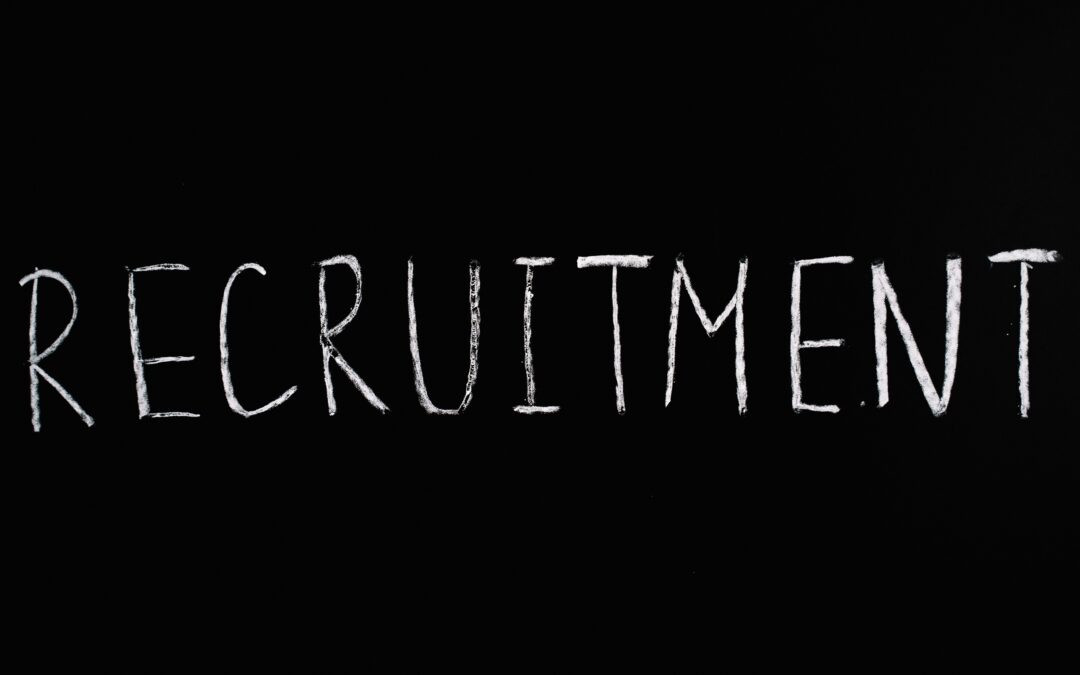How hard is job search in the Autumn of 2023?
One of the early questions our delegates usually ask us is: how long will it take to find another job? And honestly there’s no simple answer. There are too many variables. From where you live and what you do to what sector you want to work in and the salary you want to earn.
If you have a poor CV or are interview rusty, that will make your job search task harder. Thankfully Chiumento delegates get help with both, giving them a real edge.
Equally there’s a function of effort too. How much time you dedicate to job search does make a difference. As does how well connected you are and how effective your networking skills. And do you follow through with the actions you agree with your Chiumento career coach?
What we can do is give individuals a general feel for the jobs market and how it is changing over time. So what is Chiumento seeing this autumn?
Let’s start at the top…
There’s no doubt that the executive jobs market has changed. Fewer opportunities AND employers taking longer to make decisions. We talk regularly to contacts in the executive search arena and the story we are hearing is fairly consistent.
A year to 18 months ago their biggest challenge was finding quality candidates. Availability of top talent was low. Organisations were locking in their brightest and best and it was taking a lot of effort to identify talent. Finding jobs to fill was relatively easy. Filling them was the hard part.
Almost every headhunter we’ve talked to recemtly has told us they are now spending more and more time finding clients and assignments. Hiring has slowed. In some cases that’s because of economic uncertainty. Making organisations more hesitant about making big ticket hiring decisions.
Longer job search times have always been a reality for senior delegates which is why they should always negotiate an executive outoplacement package when exiting an organisation. A case well-made in this Chiumento article earlier in the year.
So what about the mainstream job market?
Vacancy numbers are down. According to the latest Government figures the total number of UK vacancies peaked in the March to May quarter of 2022 at around 1.3 million. The latest June to August 2023 figures show the number has dropped to 989,000. That’s a fall of approaching 25%. So something has changed.
The good news is there are still a lot of jobs out there. However some of the heat has definitely eased with many employers reporting shorter times to hire.
Do the jobs available align with the individuals seeking work?
Digging deeper, it becomes apparent that the fall in vacancy numbers is bigger in some sectors than others. Sectors like financial services (-30.8%), professional and scientific services (-29.2%) and information and technology (-31.8%) have seen vacancies fall much more noticeably than say the public sector (-8.3%). So the picture is patchy. It all suggests though that there are fewer opportunities out there.
If that’s the demand side of the equation, what’s the supply side looking like?
The impact of the cost of living crisis?
According to the experts, more people are looking to move jobs to try and keep their earnings in step with the cost of living. With skill shortages everywhere it is quite possible to negotiate a very significant pay rise from a new employer desperate for staff. It remains in many ways a “seller’s market”.
The challenge, if you are out of work, is that there are more people in work chasing the same jobs you are. So competition can be fierce in some sectors. So you can’t afford to be anything short of your “A game” when applying or interviewing. That’s where our delegates should have an advantage. Being coached by an expert every step of the way.
What’s the outlook for 2024?
Skill shortages look to be here to stay. With so many vacancies, the mainstream jobs market remains bouyant. Redundancy rates are creeping up but there’s no clear sign of a recession just yet. Economists view vary, but if there is to be a recession it seems more likely it will happen in 2024 than 2023.
What we are seeing though is more and more employers looking for alternatives to hiring ever more expensive staff. Earlier this year the BBC ran an article explaining how AI was expected to replace the equivalent of 300 million jobs. In areas like administration and first line customer support that day is edging ever closer. Total Jobs Hiring Trends Index reported that 16% of companies are now “investing in technology and automation to supplement their workforce”.
All this points to changes in the structure of the jobs market in the years to come. If nothing else this points to the need to keep your skills and knowledge current and relevant. A topic we’ll cover in a future article.


Recent Comments